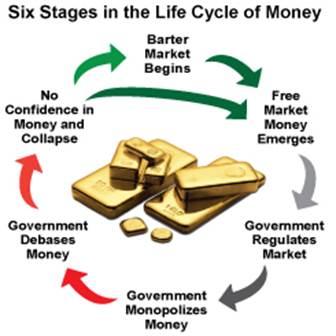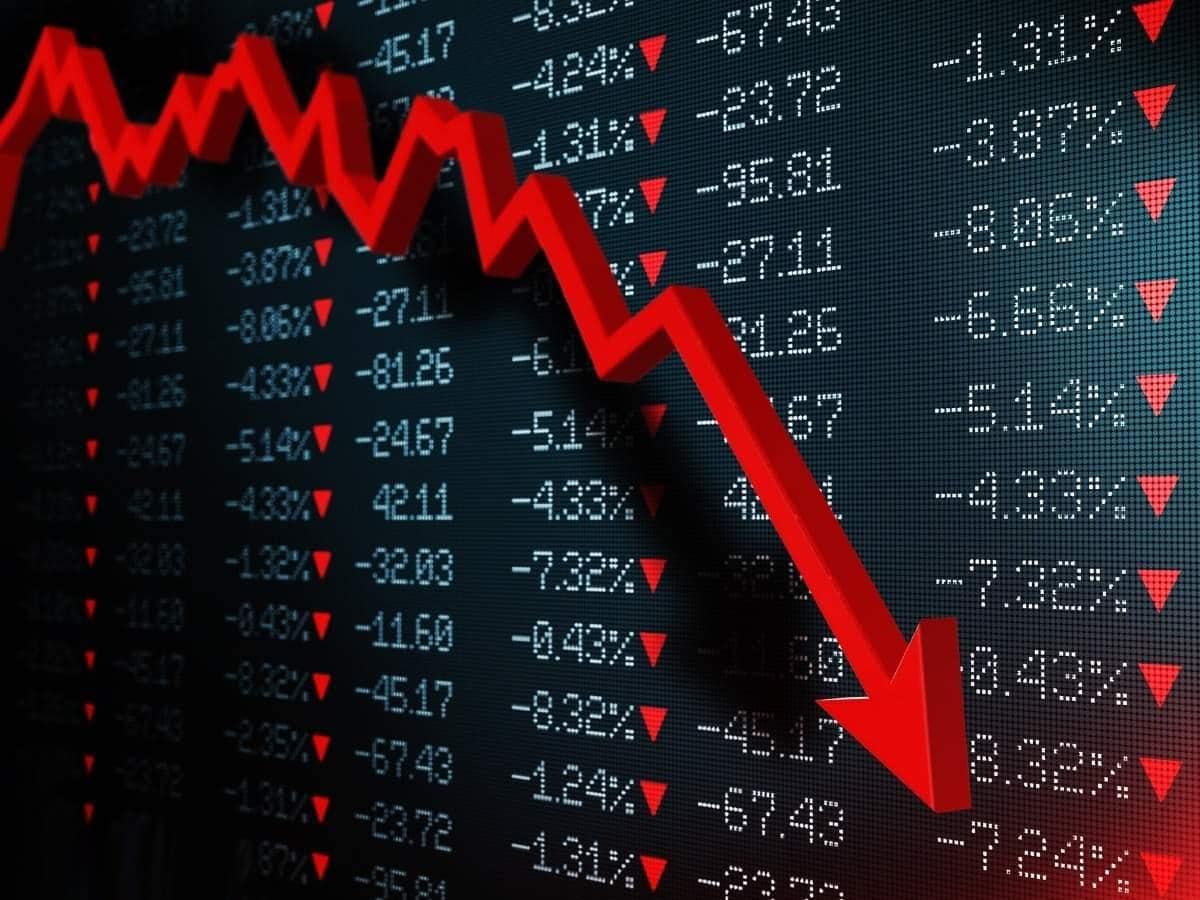Is a dollar crash coming? This was the title on the cover of the fall 2020 issue of The Magazine of International Economic Policy published by The Bruegel Organization. Bruegel is a Brussels-based think tank whose main focus is researching and developing policies targeting economic issues. The magazine notes that the Bretton Woods system’s collapse indicated a “crisis of the US currency.” Perhaps, the author argues, this was the first indication that the almighty titan of the world’s currencies was invincible after all.
It turns out Marek Dabrowski, one of the authors, is not the first person to draw attention to the dollar’s supposedly imminent collapse. Fears about the greenback collapsing can be traced as far back as the 60s, especially with the Triffin dilemma.
Robert Triffin, an economist, worried that the US dollar’s global reserve currency status presented the US Fed with a dilemma. The solution to this dilemma, Triffin counseled, was for the dollar to cede some reserve currency ground to new currency units. All these strong arguments notwithstanding, what can make a currency collapse?
What makes a currency collapse?
There is a pattern that a collapsing currency follows, according to a 2010 study. As per the study, the problem often begins with an oversupply of currency. The rate of money supply growth becomes so ridiculously fast that a liquidity glut causes hyperinflation in the domestic economy. Simultaneously, the currency’s valuation in the Forex market takes a sudden nosedive as investors duck for cover.
You know that the currency is halfway towards collapsed status when, instead of allowing the currency to devalue according to market forces, the government steps in to manage an artificial valuation. But boosting a currency’s value is an expensive affair. The country would have to spend huge amounts of foreign exchange to buoy its currency.
The last stage in the process of currency collapse comes when the government runs out of foreign exchange to support the artificial valuation. What follows next is an admission of fiscal nakedness and subsequent revaluation of the currency. You might want to use the figure below to illustrate, although it is not anywhere near accurate.

Unique Strengths of the USD
Writing in Bruegel’s fall 2020 publication, Mohamed A. El-Erian, an economist of international repute, posited that two qualities define the strengths of the greenback. First, the US dollar is not affected by exchange rates the same way as other currencies. Exchange rates are just relative prices to the USD and not absolute. For example, the Turkish lira is influenced by exchange rates in the market, not what would happen to its US counterpart. This is thanks to the USD’s global reserve currency status and also the fact that it is involved in over 60% of global trade transactions.
The second strength of this currency is dominance. For the better part of the post-WWII world, the greenback has underwritten a global financial system in which there has been immense trade growth. All this while, the dollar was taking up critical responsibilities as the lubricant that streamlines international transactions. The resulting “dollar primacy” has ensured that no close competitor exists. As El-Erian argues, “It is extremely challenging to replace something with nothing.”
Thirdly, the greenback draws its strength from the domestic economy. The US economy has dominated the global share of GDP for several decades, and it is only now that it is facing a serious challenge from China. The country’s economic clout injects great confidence in the strength and stability of its currency.
Lastly, the United States’ geopolitical heft supports confidence in the greenback. The US boasts the largest number of allies and a strong military that asserts its power globally. Although this seems to lack economic relevance, the geopolitical strength somehow guarantees the stability of the dollar.
Does the USD have weaknesses?
Yes, according to a US Congress report. The report identified US foreign policy as the major stumbling block against the dollar. US financial sanctions, said the report, has become a central pillar of US foreign policy. The problem, however, is that denying other countries and private entities access to the US-led financial system is driving the need to find alternatives for the dollar.
Also, the rising racial and political tensions at home threaten the US economy’s stability. The last few years have witnessed violent protests and racially charged confrontations that threaten to unravel US society. Continued incidence of the issues might convince investors that an economic collapse is imminent, which will adversely affect the dollar’s standing in the market.
Will the USD collapse?
Undoubtedly, the dollar is in a crisis. Some commentators argue that the dollar has been in crisis mode since a few years before the Bretton Woods system collapsed. In the 80s, interest rates in the US skyrocketed, and experts saw this as the end of the mighty dollar. This was the same feeling during and after the Great Recession.

But it seems the world agrees that the dollar’s collapse could be costlier than propping its value. For one, there is no suitable currency to take the dollar’s place – recall El-Erian’s argument? Also, the greenback remains the most trusted currency in the world by far. You can literally walk into any shop in the backstreet of the farthest city from the US and still get to use the dollar. Therefore, it is safe to say that the greenback can weaken, but collapse is more far-fetched at the moment.
Conclusion
Fears of the dollar collapsing grow every year, but they have never been confirmed since 1971. However, the dollar has shown all the signs of a currency in crisis – and probably on the way to collapsing – it is challenging to think that it could collapse. The greenback occupies a privileged position in global trade, making it even more critical to support the current status quo than let it crumble.
